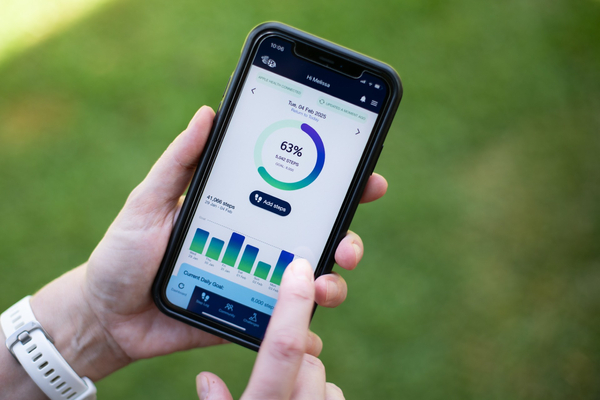Appleton Institute
Click on the tabs below to learn more about our people, projects and services.
Appleton research teams are concentrated in Adelaide, Rockhampton and Brisbane, with colleagues also in Bundaberg, Sydney, Melbourne, Mackay, Cairns and Townsville.
We have a state-of-the-art, six-bed sleep research facility, one of the largest of its kind in the world, on our Adelaide campus, and the world-leading 10,000 Steps program is run out of Rockhampton.

The Appleton Institute comprises around 40 professionals, including researchers, research students, and support staff, who contribute a wide range of expertise, skills, and specialisations.
The Appleton Institute Leadership Team is:
-
Professor Sally Ferguson - Director
-
Associate Professor Matthew Thomas - Deputy Director
-
Professor Corneel Vandelanotte - Lead Physical Activity Research Group
-
Professor Anjum Naweed - Co-lead Human Factors and Operational Readiness Group
-
Professor Charli Sargent - Co-lead Sleep and Biological Rhythms Group
-
Professor Greg Roach - Co-lead Sleep and Biological Rhythms Group
-
Professor Chris Doran - Co-lead Cluster for Resilience and Wellbeing
-
Associate Professor Rob Stanton - Co-lead Cluster for Resilience and Wellbeing

